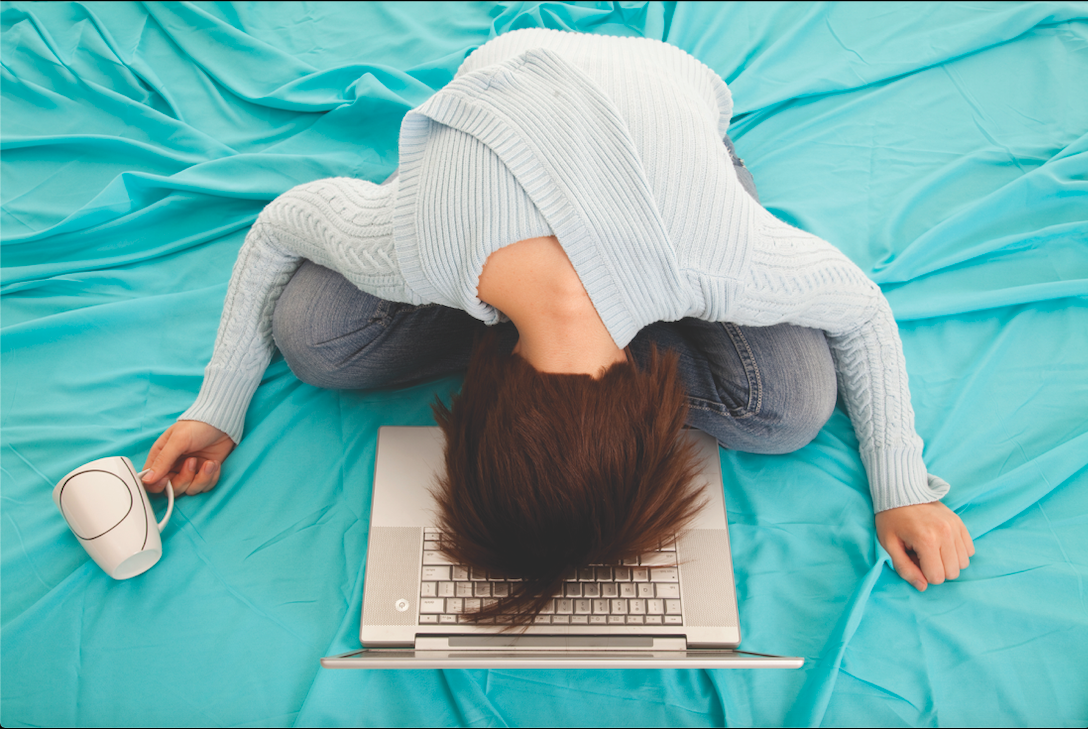
There are many indicators of poor sleep quality. While many warning signs are sleep sensitive—such as irritability, poor mood, worse performance, difficulties concentrating—most could also be explained by other factors.
The main test I use is to ask: How do you feel about an hour after waking up? If you feel tired, sleepy or drained, then there is likely an issue with the quality, quantity or timing of your sleep, which is something that needs to be investigated further. Beyond asking yourself this important question and listening to your body’s response, how quickly you fall asleep at night is a second way to discover you’re not getting enough sleep. While it may sound good to fall asleep immediately upon getting in bed, it can also indicate that you are sleep-deprived.
When Poor Sleep Is Present
Unfortunately, there isn’t a magic bullet for dealing with short sleep, but there are a few things that can help.
~ Trying to keep your schedule ‘as normal’ as possible often helps. As we are biologically and behaviourally tied to routine, structure around food timing, for example, can help us keep pace with the day. If you’re tired, you may want to eat at different times through the day, but I recommend trying to do the same as you would have done if you’d gotten excellent sleep.
~ Exercise is great for increasing alertness. Though you may feel tired, I would certainly suggest using it to help get through the day. Plus, because of its positive impact on nocturnal sleep, it makes it a doubly-attractive option.
~ Perhaps controversially, I also favor the use of caffeine to increase alertness during the day, as long as you are mindful about the timing so it does not impact sleep.
~ Avoid clock-watching during the day. Just as we know it can be detrimental to our sleep to clock-watch at night, I think it can be just as detrimental during the day when you haven’t got enough good quality sleep. Instead of counting down the hours and minutes before you need to get up whilst in bed, we count down the hours and minutes before we can go back to bed. Both can leave us feeling anxious.
~ Do nothing. When I don’t get enough sleep or have the odd bad night, I do the easiest and hardest thing…absolutely nothing! I know, from experience, that if I try to compensate, I am likely to make the situation worse, but if I do nothing my sleep will correct itself. We have an amazing biological capacity to self-regulate sleep. It is largely when we focus on it, worry about it and change our behaviors to try to get more sleep that things go wrong. My main philosophy around sleep is that one poor night does not a sleep disorder make.
Jason Ellis is Professor of Sleep Science at Northumbria University in UK. He has been working in the field of sleep medicine and research for 22 years. Professor Ellis is also author of The One-Week Insomnia Cure: Learn to Solve Your Sleep Problems.



